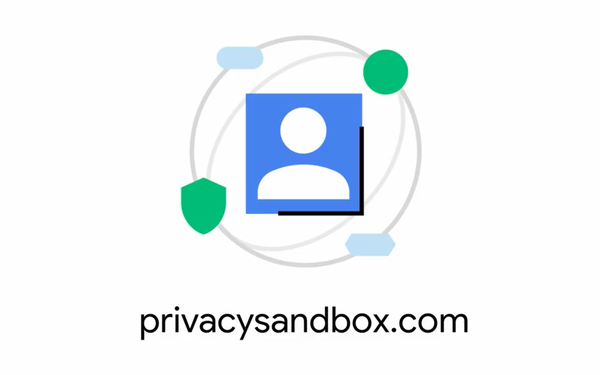
The advertising industry is reeling
from Google’s decision to abandon plans that would have allowed users to opt out of being tracked by advertisers.
Google announced Tuesday that it will keep third-party cookies in their current form and will not roll out a stand-alone
"user-choice" button in Privacy Sandbox.
“Chrome’s move to support third-party cookies showcases its continued support for interoperability across the open web," Anthony
Katsur, CEO of IAB Tech Lab, stated. "Tech Lab believes Chrome’s decision is a net positive for publishers particularly the mid- and long-tail. However, we caution the industry that this
decision shouldn’t stop privacy innovation nor the pursuit of first-party addressability solutions.”
advertisement
advertisement
Mark McEachran, vice president of product at Basis Technologies, agreed --
somewhat. He said: "keeping the cookie at least lets the user control when they want to wipe their slate clean."
Not all agreed. Adam Schenkel, executive vice president of Global Platform
Strategy and Operations at GumGum, wrote in an email to MediaPost that the move "undermines years of industry progress toward privacy and user control."
This comes as consumers have
a greater awareness of how they are tracked online, he wrote. The internet doesn’t have a targeting problem -- it has a trust problem.
“The solution isn’t clinging to
outdated surveillance tactics that exploit personal data; it’s building new models and strategies that respect privacy and meet people in the right moment, with technology like contextual
advertising and attention measurement,” he wrote.
Google's decision to shake the industry harder to see how much it would take for it to come apart could not have come at a more
challenging time as it attempts to change its platforms and fend off remedies from the U.S. Department of Justice (DOJ) after two judges deemed the company a monopoly in search and publishing.
Back in court this week, the DOJ and a coalition of states recently unveiled their proposed remedies aimed at
dismantling Google’s monopoly in search and search advertising that include divesting Chrome and banning default payments.
The remedies, listed in a report, fall into five
categories and are intended to enable and increase competition.
Distribution remedies would mean ending payments that freeze the ecosystem, including Google’s multibillion-dollar
payments to Apple and Android device makers.
A Chrome divestiture would separate it from Google. Chrome accounts for 35% of all Google search queries and drives billions in revenue from search
revenue.
There are plenty of takers for this browser -- especially Google's rivals. OpenAI is one company that would want to buy it, according to Bloomberg. “Yes, we would, as would many
other parties,” Nick Turley, OpenAI’s ChatGPT head of product, reportedly said in response to a question about whether the company would seek to buy Google’s browser.
Whatever happened to intellectual property? Google, according to the remedies, would be required to share user data, search index coverage, and ad-performance data under the assumption that this
could assist competitors train models, improve search results, and better compete.
Google also would need to provide more information to advertisers in search query reports, and allow
advertisers to opt out of broad and automated keyword matching. A technical committee would be required to monitor Google’s compliance.
"These developments reflect a growing global
consensus: unchecked tech monopolies are a threat to innovation, competition, and consumer choice," David Segal, vice president of public policy at Yelp, wrote in a blog post. "Whether through litigation, legislation, or
regulatory enforcement, the tide is turning."